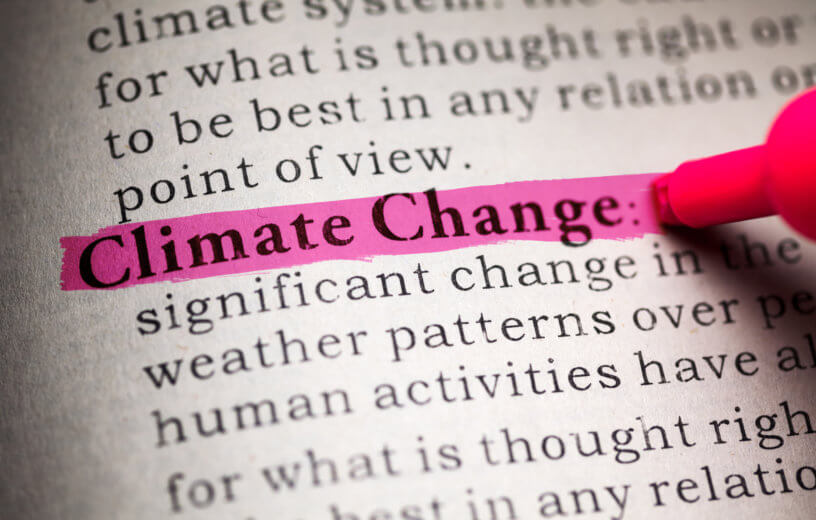TRONDHEIM, Norway — Evolution is life’s way of keeping pace with changing environments, dangers, and predators. So, as our planet continues to heat up, life on Earth must continue to adapt quickly. Unfortunately, a new study finds evolution under the sea just isn’t capable of keeping up with how fast climate change is changing the ocean.
“This is the largest artificial evolution experiment that has been performed on vertebrates with a focus on heat tolerance,” says Fredrik Jutfelt, an associate professor at the Norwegian University of Science and Technology’s (NTNU) Department of Biology, in a media release.
Prof. Jutfelt has spent the past few years researching zebrafish, a tropical fish scientists use in various studies and adapts well to very warm climates. The zebrafish can fare well even in extreme heat, making it a preferable subject for the purposes of this research.
“This is the largest artificial evolution experiment that has been performed on vertebrates with a focus on heat tolerance,” Jutfelt adds.
Can’t keep up with the heat
Using zebrafish specifically bred to be very comfortable in extra hot temperatures, the research team analyzed roughly 20,000 subjects across six generations.
“We see that zebrafish can develop heat tolerance, and we have developed lines of zebrafish that can better withstand the heat. That’s good news,” the researcher explains.
Each subsequent generation of zebrafish is capable of enduring temperatures 0.04 degrees Celsius higher. While that’s an admirable evolutionary feat, it doesn’t appear to be enough to keep pace with the warming climate.
“This is slower than the warming experienced by many fish in many places,” Jutfelt notes.
“Now the globe is warming so fast that the fish may not be able to adapt to the warmest periods efficiently enough,” adds main study author Dr. Rachael Morgan from the University of Glasgow.
Climate change to bring mass extinction for marine life?
With heat waves and extreme temperatures each summer becoming more and more common in recent years all over the planet, study authors worry the rapid rate of global warming will kill off many fish species.
“How organisms adapt to these new conditions depends on their ability to withstand heat, to acclimatize, and the ability to pass on beneficial characteristics to the next generation,” Jutfelt explains.
Moreover, researchers placed a small group of zebrafish who displayed highest heat tolerance in even warmer water for two weeks. The team wanted to see if the fish could acclimate quickly to the hot temperatures. They did not.
“Instead, the greater the ability of the fish to cope with the worst warm periods, the more their ability to acclimate decreased. So the gain in the form of higher heat tolerance was partly offset by a lower ability to acclimate. All in all, the rate of evolution was probably faster under the conditions in our laboratory than in nature,” Morgan says.
“It’s unlikely that some zebrafish populations, and other tropical fish species, will be able to cope with the temperatures that the planet may experience by the end of this century. Some species that already live at the limit of what they can tolerate may not be saved by evolution. That is surprising and sad, and it means it is important that we stop warming the planet,” Jutfelt concludes.
The study is published in the Proceedings of the National Academy of Sciences.
